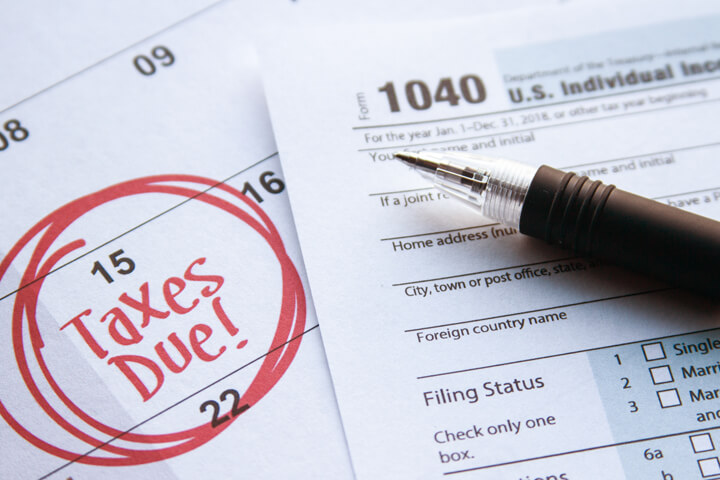The end of 2020 is almost here. That means that it will soon be tax time. For many people, it will mean that your taxes are going to be a little different this year. This is due to unemployment, stimulus payments, changes in tax laws, and more. The changes may result in slightly smaller refunds after you file your 2020 taxes.
Tax Brackets Raised
Most people will be glad to find out that the tax brackets have been raised. This means that you may still be in the same tax bracket even if you were able to earn more than you did last year.
Interest on Your 2019 Tax Refunds
If you were owed a refund on your 2019 taxes and you received a check for it, you may also have received a separate check for interest on your refund amount. You should also receive a 1099-INT sometime in January 2021, which reports how much you were given as interest. You must report this amount on your 2021 tax forms before sending. So, be sure to not file before you receive and report it.
A Credit for Recovery Rebate
If there was some reason that you did not receive a stimulus check from the IRS or did not receive the expected amount ($1,200 for singles and $2,400 for married couples plus $500 per child) and you qualified for it, you can claim a recovery rebate credit when filing your 2020 taxes.
Tax Credits for COVID-Related Unemployment
When the COVID-19 shutdowns occurred earlier this year, a law was passed called the Families First Coronavirus Response Act. This law entitled people that could not work for some reason because of the coronavirus to get a tax credit. Employers would be reimbursed for some of the cost to keep someone in this category on the payroll, but self-employed people who had to stay home could also get a tax credit for it.
A New Charitable Deduction Allowance
In previous years, you had to claim all deductions for gifts made to charitable organizations as itemized deductions. This made it difficult for most people to get. This year, because of COVID-19, you can claim up to $300 in deductions without having to itemize. You must have given the money to a qualifying organization. This includes ones that are charitable, scientific, religious, educational, or literary.
Changes to Retirement Plans
The passage of the CARES Act allowed people with a 401(k) or an IRA to withdraw up to $100,000 to cover COVID-related expenses without having to pay a penalty. You can withdraw money for COVID-related issues without having to pay a penalty through the end of 2020. The same law eliminated having to take required minimum distributions (RMDs) for 2020.
The SECURE Act changed the maximum age that you can put money into an IRA. Instead of the previous age of 70, now you can continue placing money into an IRA until you are 72.
The Timing of Your Refund
You should not expect a refund on 2020 taxes before mid-February. This means that even if you file in early January, you may not be able to get an early refund before that time. The IRS advises people not to count on receiving a refund by a certain date to meet certain expenses, such as paying for bills or making large purchases because it may come later than expected.

